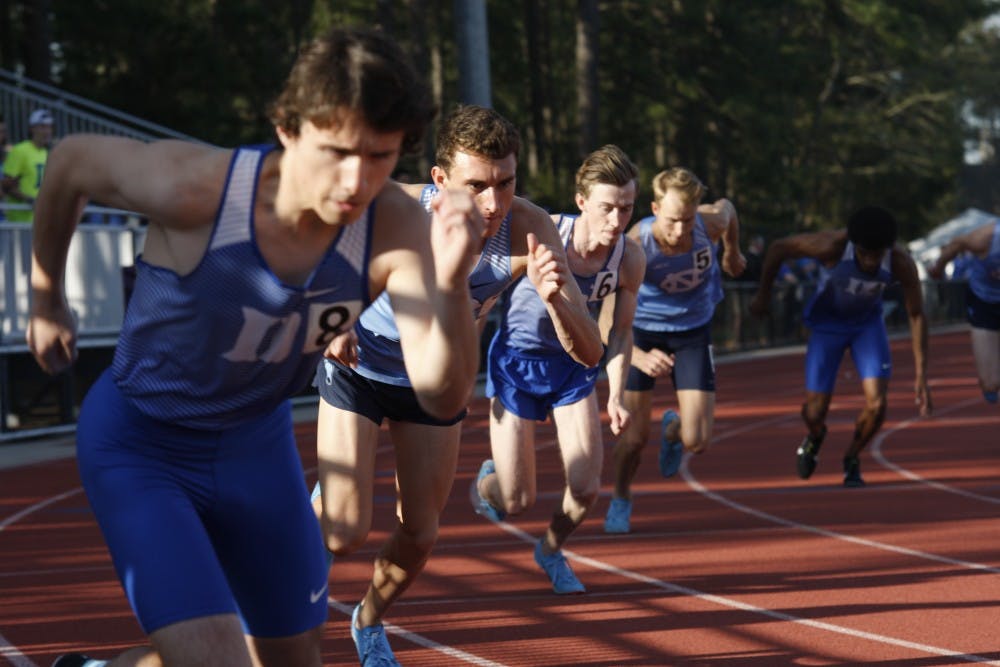As the the threat of COVID-19 began to grow across the nation, the NCAA announced on March 12 that it would be canceling all remaining winter and spring championships, bringing all Division I collegiate sports seasons to an abrupt end.
For seniors, this shocking news appeared to mark an unfulfilling end to their athletic careers. Unlike classes before them, these students faced the stark reality that an invisible enemy had stolen their last moments of meaningful competition.
With their last year of eligibility spent on a stunted season, many took to social media to advocate for an unprecedented change in NCAA structure. Allison Wahrman, an Iowa track and field senior, created an online petition that has received more than 300,000 signatures, calling for an additional year of eligibility for all Division I seniors.
Such calls for action have been met with a promising response from the NCAA. Divisions II and III have already approved “eligibility relief” for seniors participating in spring sports, while Division I leadership announced in a March 18 news release that such relief “is appropriate for all Division I student-athletes who participated in spring sports.”
The NCAA also said its official position will be announced after the governing body votes on the matter on March 30.
While this apparent solution from the NCAA seems to satisfy all parties, a closer look at the inner workings of the Division I scholarship system reveals a litany of questions and complications that could prevent this crowd-pleasing promise from coming to fruition.
Who will pay?
While the principle of granting another year to seniors is universally agreed upon, issues quickly arise when dollar signs and scholarships are thrown into the equation. If the NCAA were to allow players to return for an extra season along with a new first-year recruiting class, the burden of funding additional scholarships would fall either on the school or the NCAA themselves.
Additional funding from the NCAA is unlikely, as the cancellation of March Madness eliminates a major source of revenue for the 2020 year. Long-term TV deals with CBS/Turner Sports will help keep it afloat during this trying economic time, but the strain of funding additional scholarships for Division I schools does not seem likely. The burden of compensating many of these athletes will likely fall on the schools themselves.



